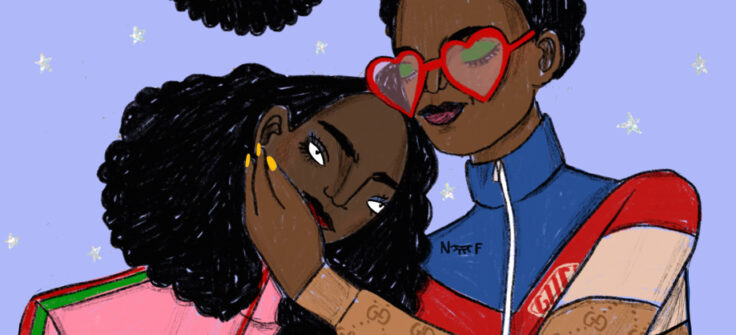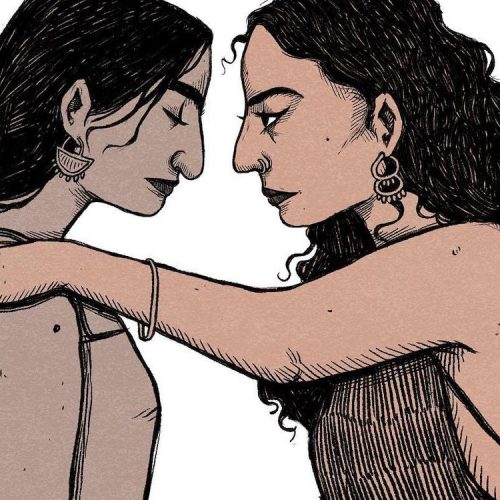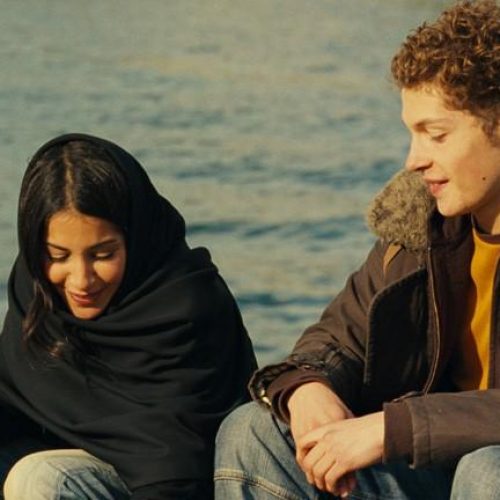At 26, practically every conversation with my mother ends with a reminder to “shop around”. But she’s not referring to my excessive spending habits. She’s referring to men. In her mind, I’ll soon reach the fictitious expiration date set for Arab women, and she desperately wants me to find love.
I explain to her that I’ve built many solid, intimate, relationships over the course of my life, and to her dismay, they aren’t monogamous. But nor are they romantic, which to her liking, still aligns with her anti-polygamous views. Understandably, my line of thought comes across as unsettling and far too ‘millennial’ to my traditional mother.
But even amongst my peers, no nuanced discourse is ever used to describe friendship. Love, monogamy, and breakups are concepts seen as exclusive to romantic relationships, yet I’ve deeply loved and have been harshly dumped by people with whom I’ve only ever had platonic relationships.
We think of love and intimacy only in terms of those we’re dating. There’s no shortage of films unravelling the many mysteries and heartbreaks surrounding romantic love and its innumerable facets, but I have yet to watch one that delved deep into the comparable intricacies of friendship.
How could there even be one, when we lack the lexicon to simply describe them? Everyone we’re not dating is just a friend. How could anyone make a film about friendship when we can’t even consistently define the label’s qualifiers?
This was no oversight. We’ve declared friendship as inferior to romance, overlooked in its significance and neglected in the process. But despite the fact that we’ve deemed it not worthy of its own discourse, its nuances still persist.
Love, however you define it, is not exclusive to romantic relationships. Nor are crushes or jealousy. In fact, no concept associated with human relationships is exclusive to the concept of romance. We can be deeply in love with a friend or just slightly into them. I stand firmly by the belief that platonic crushes exist. Friendships fizzle out and die on their own, and they can end via ghosting or heart-wrenching breakups that require as much emotional labour to get over as a divorce.
Friends can be possessive and abusive too, which is why I’d go as far as to advocate against the dangers that come with the limitations we’ve set to platonic relationships.
Honouring platonic intimacy comes with the recognition of platonic toxicity. Friends get jealous, possessive, controlling and abusive just as romantic partners can be. But maybe it’s because we neglect the depths of friendships and platonic love that we disregard the perils that come with it.
Illustration courtesy of Nouri Flayhan









